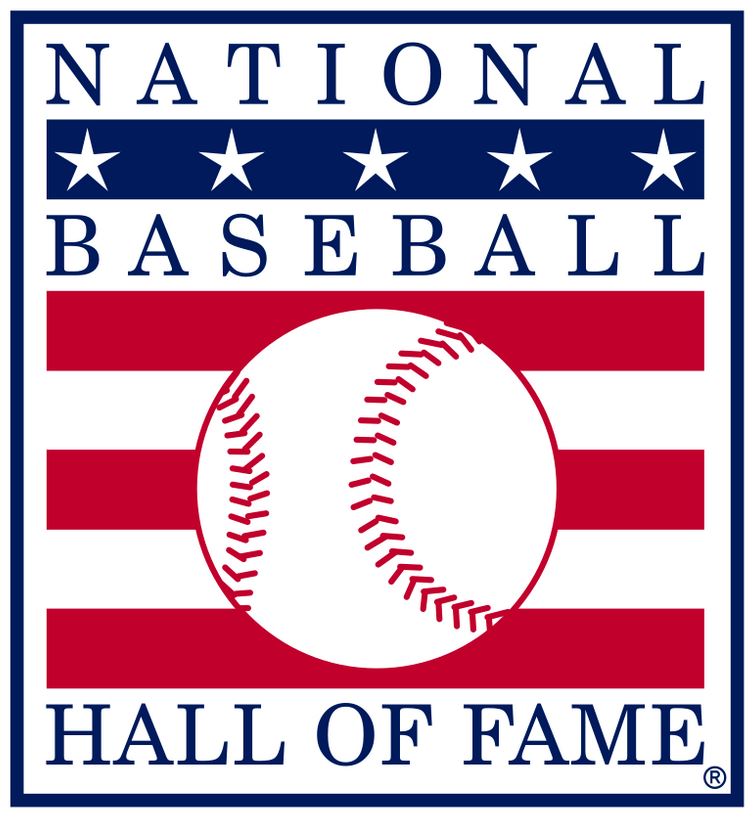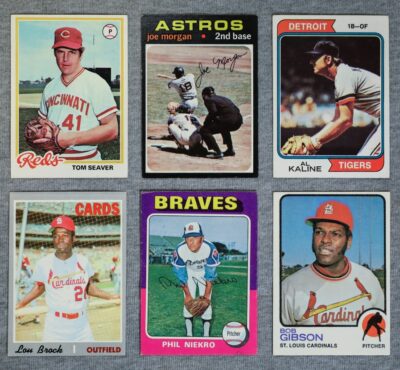From my earliest recollections of having a catch with my childhood buddies and getting after it on the diamond to following America’s favorite pastime through any and every means possible — newspaper box scores, transistor radios, televised games, MLB.com, BaseballReference.com, and newfangled sabermetrics discussions — baseball and its glorious history have ignited passions in me as no other sport ever will.
The game is not without its flaws, some of which were fixed last year with the advent of a first-ever pitch clock, the elimination of the shift, larger bases, and a limit to how many times a pitcher can disengage from the rubber.
More logical moves are coming in 2024 — an even shorter pitch clock, a wider lane for runners going to first base, and a reduction of visits to the pitcher’s mound from five to four per game.

The powers-that-be deserve a Standing O for these progressive changes, all of which have made the beautiful game more appealing to diehard and next-generation fans.
How about if those who care about the game now turn their attention to making baseball’s Hall of Fame voting sensible and fair?
HOF Voting
Since 1936, tenured Baseball Writers Association of America (BBWAA) members have voted on players eligible for baseball’s highest honor. A player needs to reach 75 percent of the vote of the BBWAA to gain enshrinement.
Recent wonky ballots have left fans shaking their heads:

- Some writers have left their ballots completely blank for multiple years, obviously not impressed with either the status or the privilege of being a voter for the game they cover.
- Some writers don’t vote for the allowed 10 players on their ballot. Note that there is nothing in the voting rules that says a BBWAA voter must pick 10 players, but c’mon …
- Some writers have championed specific players as worthy of their votes for enshrinement one year, then left those same players off their ballot the following year, and then included them on their ballot the year after that. What did these players do in retirement to suddenly become unworthy of ballot consideration?
- In some years, no players have been elected to the HOF despite there (arguably) being worthy candidates. That last happened in 2021, but it also occurred in 2013, 1996 and 1971.
Without question, some writers’ assessments of HOF worthiness are tethered to strong opinions about steroid-tainted ballplayers. More recently, advanced metrics have changed how the game is played on the field and how players are evaluated for possible HOF enshrinement.
The path to election is a mess, fueling discontent, frustration and even prejudice. It’s “pastime” to fix this broken system and hopefully reinvigorate the process.
A Good Solution
There are, of course, lots of opinions on how to overhaul the voting process. I’m a proponent of the KISS theory — Keep It Simple, Stupid. With that pathway in mind, I’ve embraced Dan Good’s simple views on overhauling the voting procedure.
Mr. Good is a seasoned book writer, ghostwriter, journalist, and editor. He’s held leadership roles with the New York Daily News and New York Post and also worked for NBC News, ABC News, and local news outlets in New Jersey and his native Pennsylvania.
His solution: The HOF annually enshrines the top two finishers in the BBWAA voting — and any others who top 75 percent — along with anyone else elected through committee voting. As an example of the latter, the Era Committees consider retired MLB players no longer eligible for election by the BBWAA, along with managers, umpires and executives.
This simple modification to the voting system would pinpoint those players who traditionally have reached the HOF, effectively enshrining them years earlier without watering down election classes with unworthy candidates.
Mr. Good writes, “The “Top 2” process is 95 percent accurate — and for the roughly half of Hall of Famers who wind up having to wait before getting elected, it can reduce their wait times by an average of eight years.

This system … would allow the deserving players to smell the roses while they still can; keep fans engaged; ensure that someone is elected each year without greatly expanding the number of enshrinees; take away the empty, hollow feeling of worthwhile candidates falling short year after year; and bring back some life to a stagnant, stale voting process.”
What’s not to like about this proposal?
Now, let’s talk about who deserves admission and who does not — please visit my thoughts on this combustible topic.











Reed Sprague
Hi Lee. Very serious for one moment before I get snarky: Great blog post. Thank you for sharing. As usual, you cause your readers to contemplate, to think much deeper. That ain’t easy to do. You accomplish that routinely. I love reading your blog.
Unfortunately, the MLB HOF can’t be changed. It’s too far gone. Many players who should be in are not in, and many players who are in should not be in. Too many players who did not play defense at an elite level are in and can’t be removed, and too many players who played defense at an elite level are not in but should be in. Too many popular average players are in and too many unpopular elite players are not in. We (including HOF voters) are still obsessed with homeruns (I believe it was Earl Weaver who, when asked about his “offensive strategy,” said something like, “I just wait for the three-run homerun.”) and with big market team players. A baseball player who is an elite offensive strategist at the plate is seen as “a pesky little swat hitter” and is “swatted” aside in favor of a vote for a homerun hitter who couldn’t throw a runner out at home from second base but has the best launch angle (whatever that is) outside of Cape Kennedy. Sacrifices don’t seem to enter into the picture at all. Don’t even get me started on relief pitchers who are in or in players with sterling defensive skills who are not in (too late). And then there’s elite base running – or lack thereof (nearly completely ignored by HOF voters).
So … yes to everything you wrote, but add: Change the name of “The Major League Baseball Hall Of Fame” to “The Major League Baseball Hall Of The At Least Nearly Good, The Morally Upright, The Popular, The Big Market Team Players And The Relief Pitchers Who Play An Average Of Forty Innings Per Year Out Of 1,450 Innings Per Year (2.76%)”.
Sorry, but I just couldn’t resist.
Frank Farley
Lee, I think your assessment is spot-on along with a solution that seems reasonable. It seems any system will bring out those who want to rig the system and install their own vision of equity. Ugh. The HOF deserves better from those entrusted with its legacy.